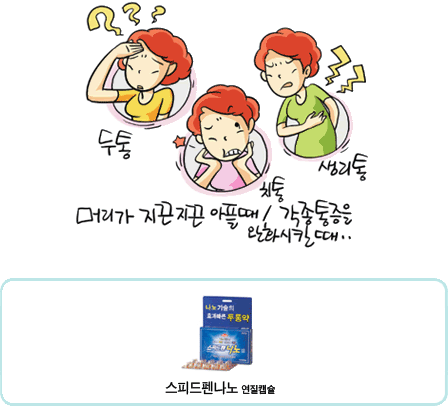Like some other students of Korean, I have an interest in 한자 (Hanja, Sino-Korean characters). Not because I like to make life more difficult than it has to be but because I want my Korean vocabulary skills to improve. I want to be able to decode new words. So why would Hanja help me do that?
Not quite Korean, not quite Chinese and certainly not quite Japanese, Hanja used to be the de facto writing system back in the day. The idea behind learning Hanja is that through the combination of a few familiar characters leads to new ideas and expressions. Each character represents an idea or thought instead of a sound. As Koreans eventually embraced Hangul over Hanja, old Hanja words were Hangulized using just their pronunciation. It's still a little tricky but if one were to see "정", without proper context, it could mean lots of things including "鄭", "丁", "定" "正" or "町". This could mean anything between "January" "rights" "decide" "quiet" or "measure" among others. See the possible confusion?
This concept is not exclusive to Hanja or to Korean by any means. In English, to decode a new word, it is quite common to subtly decode via Latin or Greek roots. If I offer you the word "hemophobia" a native English speaker will be quick to recognize that it means "fear of blood" due to knowledge of other words such as "homostat, hemoglobin" and "arachnophobia, claustrophobia"
While this can be helpful, it also can lead to some misinterpretations as I have found out. Below is a sample of some of my real life misinterpretations. Hope it makes you laugh. I actually confidently said these in conversation.
What I thought I heard | What I thought it meant at the time | What it really was in that context | What it really means in proper context |
물(이) | water | 무리 | danger, harmful |
이 사 | twenty four | 이사하다 | to move |
은행 나무 | tree bank | 은행 나무 | Ginkgo Biloba tree |
기타 | guitar | 기타 | other information |
산책 | mountain book | 산책(가다) | take a walk |
산오징어 | mountain squid | 산오징어 | live squid (살다+ㄴ) |
추어탕 | cold stew (춥다) | 추어탕 | loach (fish) stew |
감자탕 | potato stew | 감자탕 | pork on the bone stew |
개 | dog | 게 | crab |
어른(이) | adults, older people | 어린이(가) | young people |
안내 | guide, information | 아내 | wife |
신정 | Swine flu | 신정 | solar new year, Jan 1st |
짜증나 | annoying | 잘 있나! (사투리) | Okay!, Good!, Nice! |
잘 못하다 | To not be able to do it | 잘못 하다 | To make a mistake |
* The Potato Stew/ Pork Stew debate is kind of interesting, actually. There's plenty of theories discussed
here and
here.
** This is my wife's favorite. This past 설날 I introduced myself to her grandfather over the phone. He is from 부산 and speaks a particularly strong dialect (사투리) and when I nervously introduced myself over the phone it went a little like this:
부인: 할어버지~ 바꿔 줄게요!
나: (takes the phone) 할어버지 안녕하세요! 새해 복 많이 받아시고 건강하세요!
외할어버지: (..silence...) 짜증나...
나: 어?.. 제가 잘못했어요? 죄송합니다!
Needless to say that my wife's family is still laughing about it now.
Anyway, can you think of any similar words? I would love to expand this list!
BONUS: A great little joke I saw on the comment section of this blog post made me laugh about the importance of spacing (띄어쓰기):
방 구해야지: (You) Should find a room.
방구 해야지: (You) Should fart.





